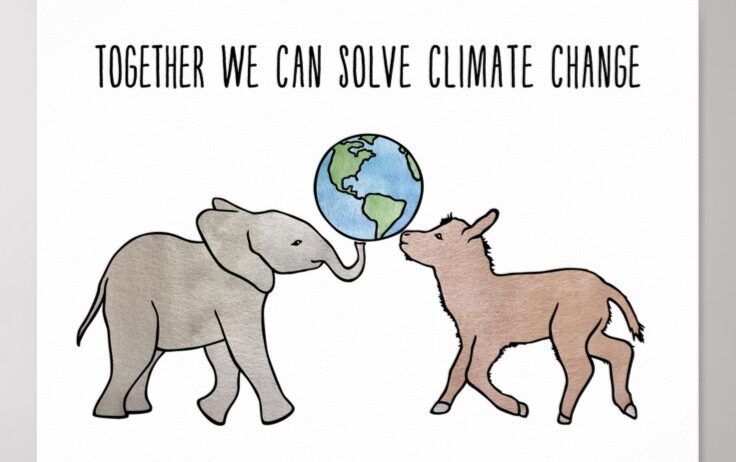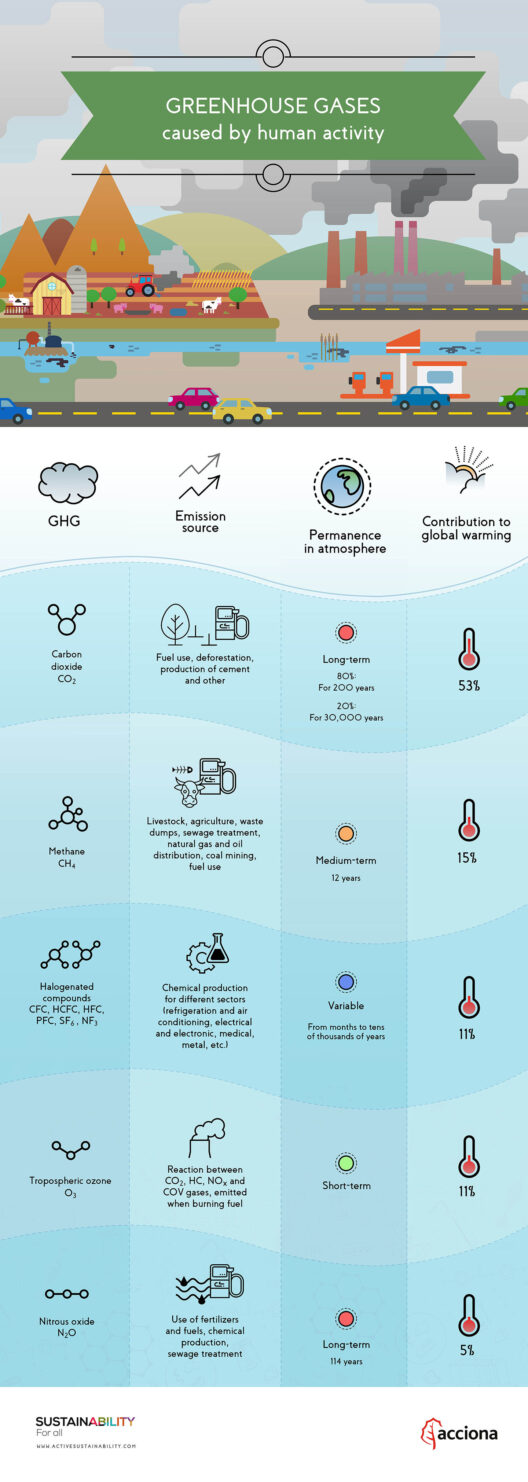Climate change is an omnipresent threat that looms over our collective future. It begs a playful question: What if we could solve climate change, not just as isolated individuals but as a cohesive global family? Can the combined will of millions possibly ignite the transformative change that is imperative for our planet’s survival? The challenge becomes not just one of awareness, but of tangible action—a call for unity in the face of an existential dilemma.
Addressing climate change is not merely a governmental undertaking; it requires profound shifts in mindset, consumer behavior, and collaborative action. Individuals and communities can foster an environment ripe for change through their choices, advocacy, and innovative initiatives. With that in mind, let us delve into the multifaceted strategies we can employ to combat this crisis with concerted effort.
The urgency of our predicament cannot be overstated. The effects of climate change are manifesting in eco-systemic shifts, erratic weather patterns, and increasingly frequent natural disasters. Yet, amidst these harrowing challenges, there lies a vibrant potential for transformative action. Together, we can harness this potential, advocating for solutions grounded in equity, sustainability, and resilience.
To comprehend our path forward, we must first address the individual and collective responsibility we hold. This sets the foundation for subsequent measures and actions that will follow.
Emphasizing Personal Responsibility as a Catalyst of Change
Each one of us is an integral component of the global climate puzzle. Our individual choices—what we consume, how we travel, and the energy we use—are powerful tools in combatting climate change. The notion of personal responsibility is not merely about reducing one’s carbon footprint; it extends to educating and inspiring those around us. Committing to sustainable choices, whether it’s ditching single-use plastics or choosing public transportation, can create a ripple effect that reaches far beyond oneself.
By adopting sustainable practices, we engage in a practice of honoring our planet. It is essential to remember that every small action counts. This becomes even more poignant when communities come together to promote sustainability. Local initiatives, such as community gardens, recycling programs, and clean-up days, empower individuals to make a collective impact. The capacity for change expands exponentially when collaboration flourishes.
The need for education and awareness is paramount. By elevating discussions on climate change within our communities—perhaps through workshops, seminars, or even informal gatherings—we can ignite a passion for activism among peers. Promoting understanding around climate science and environmental stewardship is key. When people become informed, they become empowered, equipped to tackle the challenges ahead.
Engaging Government and Corporate Entities with Collective Voice
The trajectory of climate change will ultimately hinge on the actions and policies of governmental bodies and corporations. However, addressing climate change necessitates that citizens hold their leaders accountable. This is where collective activism unearths its might. Joining forces to advocate for policy change—whether it be supporting renewable energy initiatives, stricter emissions regulations, or climate justice legislation—is paramount.
Grassroots movements have shown profound efficacy in recent years, rallying public support around crucial initiatives. The climate strikes ignited by young activists exemplify the power of unyielding voices demanding immediate action. Mobilizing communities to engage in marches, letter-writing campaigns, or voting in elections that prioritize climate policies amplifies our collective message. Each action reinforces the idea that the public’s united resolve can—and must—steer political will toward environmental justice.
Though governmental action is crucial, it is imperative to also confront corporate responsibility. The influence of corporations on climate change cannot be underestimated. By calling for transparency and accountability from companies, consumers can push for sustainable practices within industries. This is where responsible consumerism plays a pivotal role; choosing sustainable products or supporting businesses committed to eco-friendly practices creates pressure on other corporations to follow suit.
Innovating for a Sustainable Future
Innovation will be the linchpin of our adaptive response to climate change. In this vein, we must elevate support and funding for clean technology, renewable energy sources, and sustainable agricultural practices. Embracing a circular economy—one which prioritizes resource efficiency and waste reduction—will become indispensable as populations burgeon.
Communities can foster entrepreneurial spirit by encouraging local startups focused on green technologies or sustainable services. Investment in these initiatives not only supports job growth but also catalyzes research and development in key areas vital for climate resilience. Each innovative solution holds the promise of groundbreaking progress, reminding us that while the past has shaped our current challenges, the future is ripe with opportunities for sustainable solutions.
Moreover, collaboration among governments, businesses, and civil society is paramount to expanding the scope and efficacy of climate action initiatives. This triad can drive investment into large-scale, systemic changes, from enhancing public transportation facilities to restoring degraded ecosystems. Partnerships that elevate underrepresented voices in environmental discourse are essential for crafting policies that resonate with varied demographics and communities.
Conclusion: Forging a Collective Path Forward
Successfully addressing climate change is a multifaceted endeavor, requiring a blend of individual action, collective advocacy, and innovative solutions. The task ahead may seem daunting, yet it is through unity and collaboration that true progress may unfold. Together, we can cultivate a narrative of resilience—a story rooted not in despair but in boundless potential for change.
So, let us reflect on that initial playful question: Can we solve climate change together? Yes, we can. The key lies in fostering a sense of shared responsibility, engaging in persistent advocacy, and nurturing an unwavering commitment to innovative practices. Each of us holds a piece of the puzzle. When united, we can create a comprehensive vision of a sustainable future, embodying hope instead of fear in the face of climate adversity.







